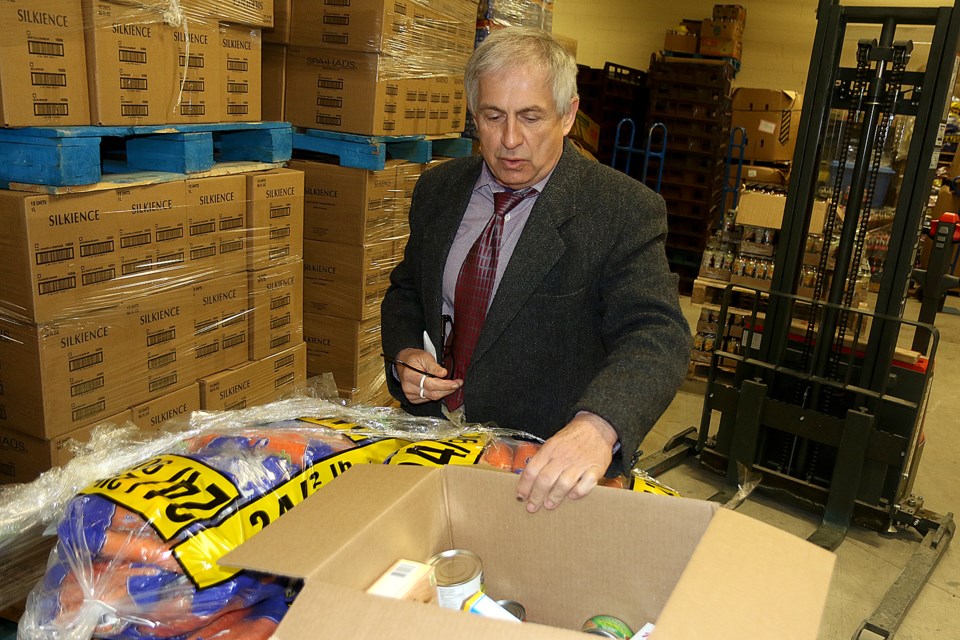THUNDER BAY – Users of local food aid organizations can expect to see more nutritious food, including local produce, after the Regional Food Distribution Association (RFDA) secured funding for a new refrigerated truck and commercial food processors.
The organization, which distributes food to local food banks and meal programs, was recently approved for over $243,000 from the provincial government’s Surplus Food Redistribution Infrastructure Program, intended to divert surplus food from grocery stores, restaurants, and farms.
RFDA executive director Volker Kromm said the organization has had to reject some offers from those venues due to limited capacity.
“We were maxed out in our ability to capture more of that food,” he said. “We had to turn down some loads, especially from farmers and greenhouse growers. We were just not able to handle that volume.”
He estimated the addition of a second, smaller refrigerated truck and the food processor would allow them to reach several thousand more people per year, adding at least an additional truckload worth of food per month.
“It’s a win-win-win for everyone,” he said. “We’re going to be rescuing a lot of food that would have gone to landfill.”
While he said strict health and food safety regulations limit what types of surplus food can be accepted, the RFDA has established relationships with most major grocery stores in Thunder Bay, and many restaurants, with regular weekly pick-ups using its existing refrigerated truck.
Those donations are shared with RFDA members such as food banks and meal programs, as well as distributed through its own programs. Surplus food will also be passed on to remote communities and First Nations organizations in the region, he added.
The initiative reflects a larger move toward the use of more fresh, nutritious goods by food aid organizations, Kromm said, also reflected in recent initiatives to accommodate wild game donations.
Organizations including Grand Council Treaty #3, Nokiiwin Tribal Council, Nigigoonsiminikaaning First Nation, and Matawa First Nations Management also received funds through the program.
